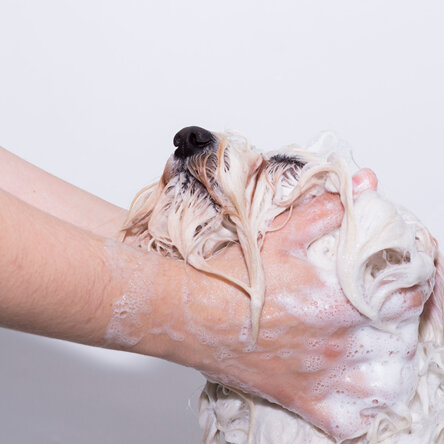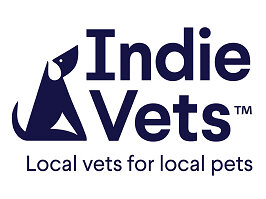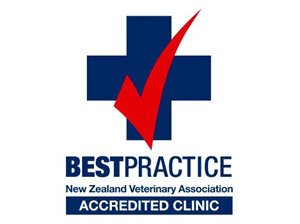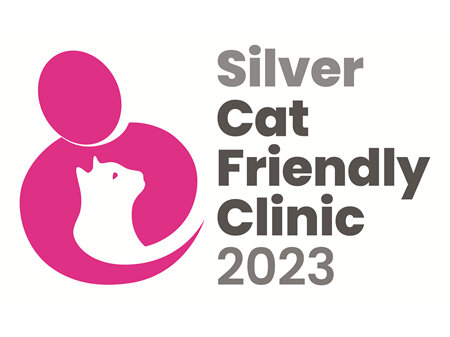Franklin Vets
Franklin Vets - excellence in veterinary care for dairy, farming, lifestyle, equine and household pets. BESTPRACTICE ACCREDITED NZ.
Your account is powered by Storbie. To edit your profile visit my.storbie.com
Your account is powered by Storbie. To edit your profile visit my.storbie.com

The skin has many roles including protecting against physical environmental damage as well as immunity to reduce the risk of bacterial infection. Thermoregulation or temperature control is also an important function, as is hydration. Cats and dogs do not have sweat glands and pant to cool down so excessive water loss through unhealthy skin can cause problems.
To maintain healthy skin and coat your pet needs a healthy balanced diet with adequate Omega 3 fatty acids to protect the skin and keep the coat shiny. Linoleic acid also helps prevent dry flaky skin and thinning of hair. Zinc helps reduce water loss, skin infections, and dull hair. Biotin and B vitamins are involved in fat metabolism and aid linoleic acid function.
Skin allergies are very prevalent in cats and dogs with the number one allergy being fleas. These start an itch-scratch cycle and deeper infections which can lead to pyoderma (hot spots) and folliculitis. Fleas can be controlled by a range of very effective flea products. These need to be used regularly and all household pets need to be treated at the same time, as fleas are very adept at transferring from one animal to another.
Many animals that are sensitive to one allergen often have multiple allergies such as pollens, grasses, or food allergies. These allergies will be present for the whole of a pet's life, however, can be controlled. Food allergies can be eliminated by using prescription diets available from your vets that have hydrolysed protein that the animal doesn’t recognise as a specific allergen. Unfortunately, if your pet has a food allergy, even a small treat of the allergenic food can cause skin inflammation.

Shampoos are effective at soothing the skin and washing allergens - such as pollens – out of the coat. The medicated shampoos also have antiseptic and antifungal agents to lower the bacteria and allergens on the skin to reduce the risk of secondary infection.
Anti-inflammatory medication is used as a last resort when preventative treatments have failed. These range from traditional steroids to non-steroidal anti-inflammatories and newer drugs such as Cytopoint injection or Apoquel tablets. Discuss these options with your vet to find the best solution for your pet.
Dr Ivan Petch, Senior Vet at Paeroa Vets
Franklin Vets - excellence in veterinary care for dairy, farming, lifestyle, equine and household pets. BESTPRACTICE ACCREDITED NZ.



